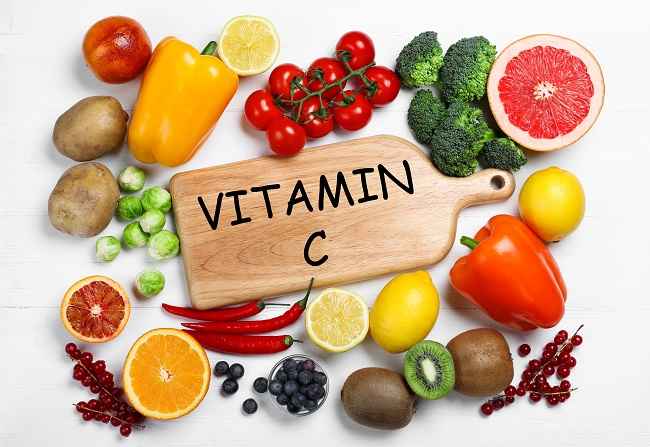The development of industry and humans has increased the disposal of plastic waste in rivers and seas. Plastic waste is often found on the rivers that flow of water to the sea. It is the presence of plastic waste that destroys the habitat of aquatic and the health of the biota. The shape and size of plastic waste vary in the form of sheets, flakes, nets, fibers, etc. Plastic is one type of polymer that is very difficult to decompose, but with the passage of time, it can be degraded by ultraviolet. Plastic particles that have been degraded will form smaller particles called microplastics (about 1-1000 micrometers in size) and nanoplastics (about 1-1000 nanometers).
The presence of microplastic particles can damage the growth and development of tilapia that are cultivated in ponds or fish ponds, where their habitat comes from polluted rivers, especially polluted plastic waste. Microplastic particles can enter the body of fish in many ways, either intentionally mistaking microplastics for example, or accidentally, namely fish eating microplastics together with food when eating or fish feed containing microplastics.
Microplastic particles ingested by tilapia can increase mortality, blockage of the digestive tract, and even cause liver stress, including severe glycogen depletion, changes in estradiol receptor-mediated gene expression, necrosis, or abnormal proliferation of germ cells in the gonads of male fish. In addition, the presence of microplastics in the body causes damage to tissues and organs, such as the digestive tract. Exposure to microplastics can also reduce fertility and harm fish embryos, and even cause fish death and extinction in the long term. For this reason, it is necessary to pay special attention to good plastic waste management and prevent microplastic pollution in the waters, so as not to cause severe effects on tilapia.
Microplastics that have already entered the tilapia both through the respiratory and digestive systems, in the long term can accumulate in cells and tissues. There is one alternative to reduce the impact of microplastics in the fish body, including the addition of supplementary in addition to the main feed. One of them is a feed supplement containing probiotics and Vitamin C, which is expected to reduce and absorb microplastic content in tilapia. Probiotics are a group of “good” microbiotics in the gut and help the immune system in the face of free radical attacks caused by microplastic particles. The bacteria used in probiotics usually come from lactic acid bacteria which have the ability to turn toxic materials into non-toxic materials, so as to reduce environmental pollutants such as microplastics. Meanwhile, Vitamin C is an antioxidant that can strengthen the immune system, reduce stress, and free radicals, and improve the health and development of the fish body, because the fish’s body cannot synthesize vitamin C, they need to get it from the feed. Therefore, vitamin C is needed in fish feed.
From the experimental results in the laboratory, it can be seen that the addition of various feed supplements succeeded in increasing the growth, gonad weight, and body weight of tilapia exposed to microplastics. Probiotics containing a consortium of lactic acid bacteria are able to reduce levels of toxic materials by absorbing and removing them through fish waste. In addition, bacterial lactic acid helps balance healthy bacteria and plays an important role in maintaining the immune system and digestive systems of fish. While vitamin C plays a role to help increase the body’s resistance to work after being absorbed in the bloodstream. Vitamin C can increase absorption in the intestine which can later help oxygen circulation and play a role in the formation of collagen. In addition, vitamin C also plays a role in the transportation of fatty acids to produce energy. Fish bodies that are deficient in vitamin C can reduce energy production and slow bone growth. Thus, it can be reaffirmed that the provision of probiotic and vitamin C supplements at a certain dose has an effect on increasing the growth of tilapia which is polluted by microplastic pollutants.
Author: Prof. Dr. Alfiah Hayati, M.Kes.
Details of the research can be viewed here:
https://iopscience.iop.org/article/10.1088/1755-1315/1036/1/012001/pdf
Q A’yun1, F S Musthoza1, S Supartini, D Utari1, I Listiani1, H Triwahyudi1, N
Fikriyah1, N Suprapti1, A Hayati*
Potential of feed supplements on morphometric and gonad weight of fish exposed to microplastics









